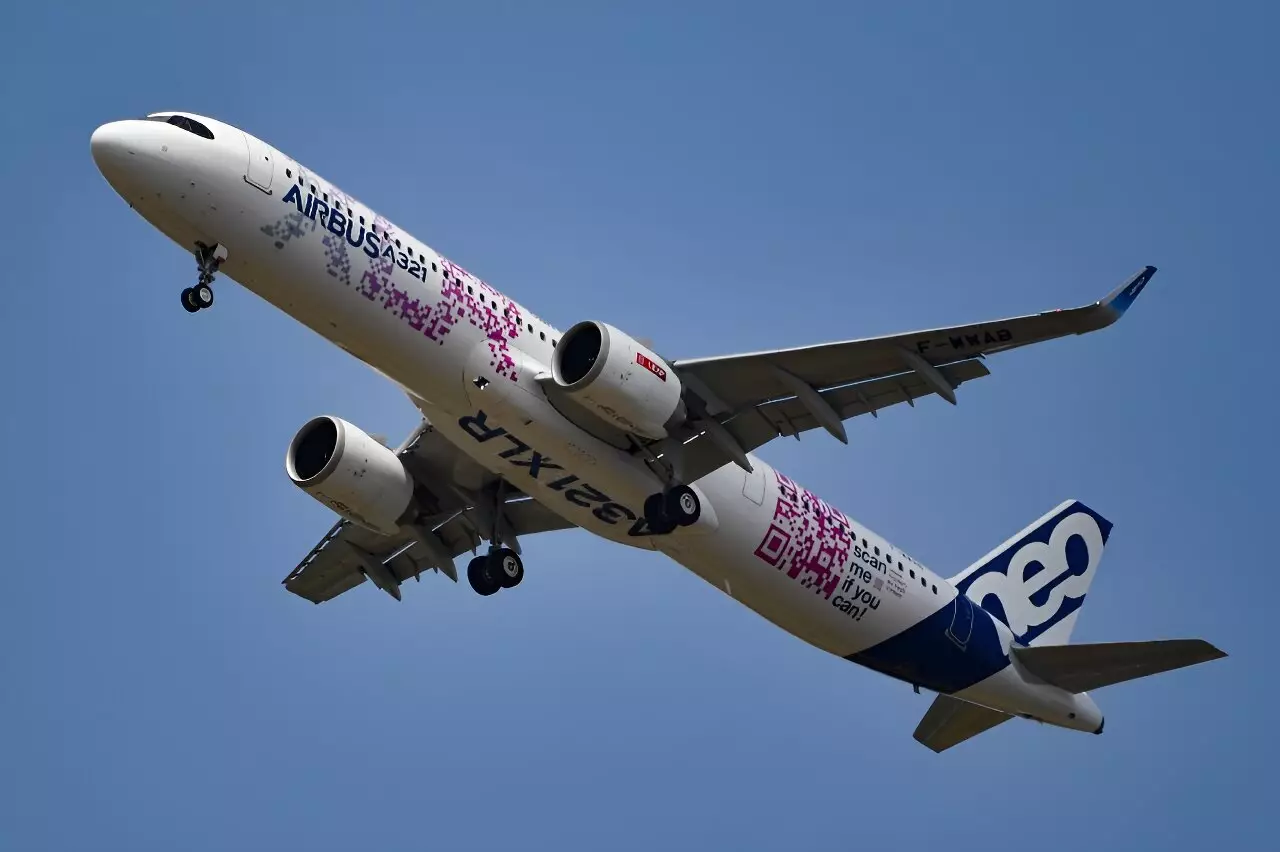Airbus reported a significant decline in its net profit in the first half of the year, falling by 46 percent to 825 million euros. This sharp drop was primarily attributed to a substantial writedown in its space operations, resulting in a staggering charge of 989 million euros. Despite a 4 percent increase in overall revenue to 28.8 billion euros, the financial performance of Airbus was heavily impacted by challenges in its space business.
The aerospace giant also faced supply chain issues that hampered its ability to increase aircraft production. Airbus was forced to reduce its forecast for 2024 operating earnings to 5.5 billion euros, down from the initial guidance of between 6.5 and 7.0 billion euros. The company cited specific challenges in the supply chain that needed to be addressed to ramp up deliveries and maintain profitability.
Airbus aims to deliver around 770 commercial aircraft in 2024, a reduction from the 800 aircraft forecasted earlier in the year. While the company managed to deliver 323 aircraft in the first half of the year, an improvement from the previous year, deliveries declined in the second quarter due to ongoing supply chain problems. The downsizing of suppliers during the pandemic has created obstacles in scaling up production, hindering Airbus’s assembly process.
Airbus Chief Executive Guillaume Faury acknowledged the challenges faced by the company, particularly in the space business, and assured stakeholders that the issues were being addressed. Faury emphasized the focus on deliveries and the preparation for ramping up production, despite the obstacles posed by supply chain disruptions. The company remains committed to overcoming these challenges and ensuring the sustainability of its operations in the coming years.
Airbus encountered several obstacles in the first half of 2024, ranging from financial setbacks to production limitations caused by supply chain issues. The company’s revised forecast and strategic responses reflect its efforts to navigate through these challenges and maintain a competitive position in the aerospace industry. Airbus’s resilience and adaptability will be crucial in overcoming these hurdles and driving growth in the future.



Leave a Reply